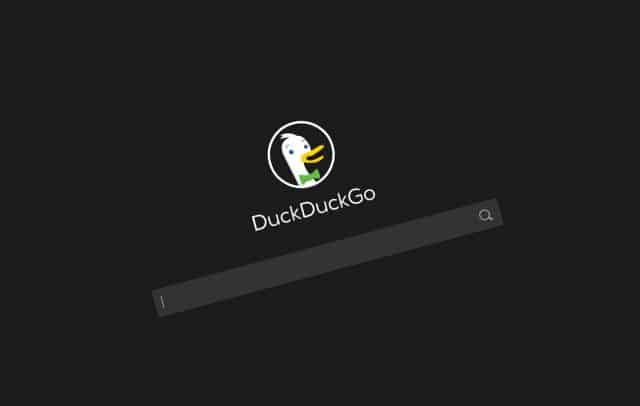DuckDuckGo to block Microsoft tracking scripts after user uproar about recent revelations

DuckDuckGo likes to bill itself as a privacy-centric search engine and web browser, and it is hard to deny that it is more private than the likes of Google search and Chrome. But earlier this year, it came to light that there was an agreement in place between the company and Microsoft that meant the DuckDuckGo browser did not block all trackers from the maker of Windows 11.
When users learned that DuckDuckGo was granting a level of leniency to Microsoft there was an understandable backlash. Now the company has announced it is to offer "more privacy and transparency" after failing to meet users expectations, and will block Microsoft tracks -- most of the time.
See also:
- Spotify has an intriguing new incentive to become a Premium subscriber
- Microsoft beefs up Defender security with new Threat Intelligence and External Attack Surface Management tools
- Microsoft 'fixes' language bar problems caused by KB5014666 update
In a blog post penned by DuckDuckGo CEO Gabriel Weinberg, the company does not apologise for letting user down, but admits that "we didn't meet their expectations around one of our browser's web tracking protections".
Weinberg explains:
Over the next week, we will expand the third-party tracking scripts we block from loading on websites to include scripts from Microsoft in our browsing apps (iOS and Android) and our browser extensions (Chrome, Firefox, Safari, Edge and Opera), with beta apps to follow in the coming month. This expands our 3rd-Party Tracker Loading Protection, which blocks identified tracking scripts from Facebook, Google, and other companies from loading on third-party websites, to now include third-party Microsoft tracking scripts. This web tracking protection is not offered by most other popular browsers by default and sits on top of many other DuckDuckGo protections.
As for why Microsoft trackers were permitted previously, he goes on to say:
Previously, we were limited in how we could apply our 3rd-Party Tracker Loading Protection on Microsoft tracking scripts due to a policy requirement related to our use of Bing as a source for our private search results. We're glad this is no longer the case. We have not had, and do not have, any similar limitation with any other company.
Microsoft scripts were never embedded in our search engine or apps, which do not track you. Websites insert these scripts for their own purposes, and so they never sent any information to DuckDuckGo. Since we were already restricting Microsoft tracking through our other web tracking protections, like blocking Microsoft's third-party cookies in our browsers, this update means we’re now doing much more to block trackers than most other browsers.
But the change does not mean that all Microsoft trackers are blocked all of the time. DuckDuckGo says that advertising on its platform "is done in partnership with Microsoft", and while this is anonymous, advertisers still want to know about the success of ad clicks. For now, Microsoft scripts relating to this will be allow, as the company explains:
To evaluate whether an ad on DuckDuckGo is effective, advertisers want to know if their ad clicks turn into purchases (conversions). To see this within Microsoft Advertising, they use Microsoft scripts from the bat.bing.com domain. Currently, if an advertiser wants to detect conversions for their own ads that are shown on DuckDuckGo, 3rd-Party Tracker Loading Protection will not block bat.bing.com requests from loading on the advertiser's website following DuckDuckGo ad clicks, but these requests are blocked in all other contexts. For anyone who wants to avoid this, it's possible to disable ads in DuckDuckGo search settings.
To eventually replace the reliance on bat.bing.com for evaluating ad effectiveness, we've started working on an architecture for private ad conversions that can be externally validated as non-profiling. DuckDuckGo isn't alone in trying to solve this issue; Safari is working on Private Click Measurement (PCM) and Firefox is working on Interoperable Private Attribution (IPA). We hope these efforts can help move the entire digital ad industry forward to making privacy the default. We think this work is important because it means we can improve the advertising-based business model that countless companies rely on to provide free services, making it more private instead of throwing it out entirely.
You can read the full statement from DuckDuckGo here.
